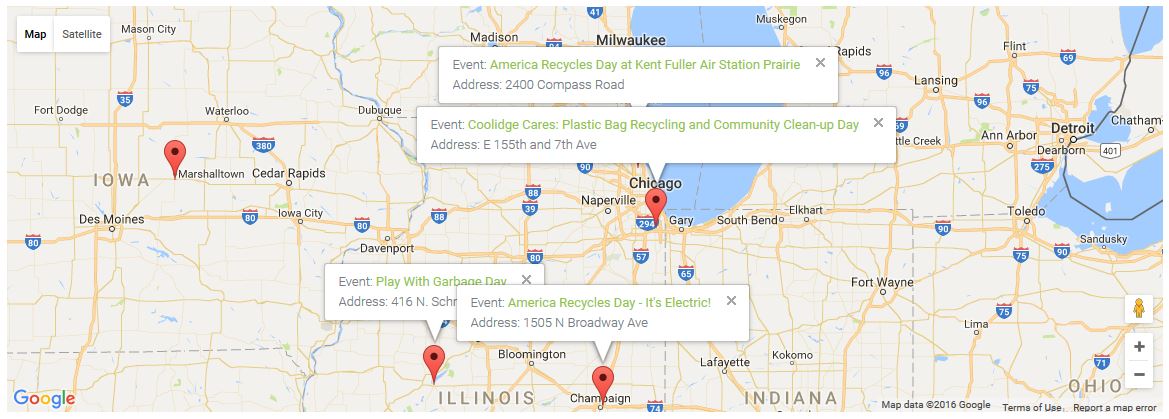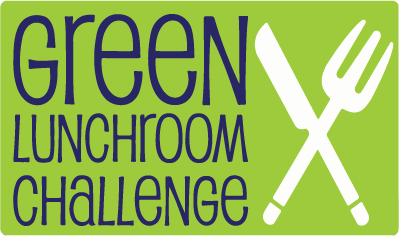Interested in ways to fight food waste in your organization or community? Be sure to check out these upcoming events, as well as archived resources from recent events.
Upcoming Events
US EPA Sustainable Materials Management (SMM) Web Academy Webinar: New Tool Kit: Reforming Laws and Policies to Enhance Food Recovery at the State and Local Level
Thursday, Oct 20, 2016 12:00 PM – 1:30 PM CDT; Register at https://attendee.gotowebinar.com/register/7992718732755591171
In September 2015, the United States Department of Agriculture (USDA) and United States Environmental Protection Agency (EPA) announced the first ever domestic goal to reduce food loss and waste by half by the year 2030 and are seeking to work with public and private partners to take action and make this happen over the next 14 years. The Harvard Food Law and Policy Clinic (FLPC) is one of EPA’s partners and is at the forefront of identifying key areas where current laws create barriers to reducing this food waste or where policies can incentivize more food recovery, and is actively working on the federal and state level to help reform those laws. One way to assist with the proliferation of better food recovery laws and policies is by providing information to states and local governments regarding methods of increasing food recovery. In order to make such information more widely available, FLPC created a toolkit for state and local policymakers interested in reducing food waste. This toolkit brings together lessons from their research and policy work in date labeling, tax incentives, liability protections, organic waste bans, leftovers for livestock as well as other food waste policies, to provide state and local policy makers with a comprehensive menu of policy options to reduce food waste.
Join this webinar to learn what is included in this toolkit, and how you can use it in your state or local food waste policy planning. Presenters will explain the content and how best to use the toolkit, with a focus on a few of the sections, and will answer questions from webinar participants about these and other examples.
Controlling Food Waste in School Food-Service
Thursday, Oct 20, 2016, 10:30 AM to 1:30 PM CDT, Hillsdale, IL; Space is limited–RSVP to carl@pbjreps.com or pj@pbjreps.com.
ISTC’s Joy Scrogum will be among the presenters, talking about the Green Lunchroom Challenge Program. Other presenters will covers topics such as speed scratch cooking, presenting freshness, preserving freshness, holding freshness, storing freshness and more. Learn about food waste reduction while supporting a great cause! The event is free with a suggested $10 donation at the door. Proceeds will benefit the Greater Chicago Food Depository; PBJ Commercial Agents will be matching donations. See http://www.greenlunchroom.org/documents/Controlling-Waste-PBJ.pdf for more information.
Composting Policy Forum
Monday, Oct 24, 1:00 PM -3:00 PM CDT, Chicago Botanic Garden, 1000 Lake Cook Rd, Glencoe, IL 60022; Register at https://docs.google.com/forms/d/e/1FAIpQLSdO69XnWKyU-NCLmXTzr8n6SyAteHCkVoAdSaQOMulOmgvprA/viewform.
Seven Generations Ahead, the Illinois Environmental Council, the Solid Waste Agency of Northern Cook County and the Illinois Food Scrap Coalition invite you to attend the third in a series of four free forums addressing composting policy in Illinois. Get updates on food scrap composting initiatives in Northern Cook County. Learn about Illinois landfill disposal bans and their impact. Discuss what would be needed for a successful organics disposal ban in Illinois. View the agenda online.
Recent Events
US EPA SMM Web Academy Webinar: Food: Too Good to Waste – Community Results and Lessons Learned
Sept. 22, 2016; View archived presentation materials online.
Currently, over 30 percent of the food currently grown and processed in the U.S. goes uneaten. When wholesome, edible food ends up in a landfill, all those embedded resources (along with the money spent on them) also get wasted. This impacts the environment, our community and the bottom line. The Food: Too Good to Waste toolkit was designed and developed for local governments and other community partners to help prevent wasted food in households. This community food waste prevention toolkit has been tested throughout the US and helps households save money while reducing wasted food by up to 50%. During this webinar we will present results from an evaluation report on several campaign implementations and hear from three of those communities who successfully implemented this toolkit.
Michigan DEQ Sustainability Series Webinar: Engaging in Food Recovery
Sept. 22, 2016; View archived slides and recording online (Note: Scroll to the bottom of the page).
Food scraps are the “final frontier” for organics recovery. Food is the most water, labor and nutrient intensive of the wastes we produce. And not all food that is wasted is unfit for a plate. Food recovery should come first. After that, diversion from landfills, then identifying the best options to recover what value we can from what we worked so hard to grow. Learn how your business or organization can avoid wasting this valuable resource. This webinar was geared towards any business or institution that generates food waste in a kitchen or cafeteria or through food processing, as well as anyone interested in learning more about food waste recovery. Presented by Sally L. Brown, PhD, a Research Associate Professor at the University of Washington. She is a Fellow in the Soil Science Society of America, and was a member of the National Academy of Science Committee on Soils. She writes a monthly column for Biocycle magazine and a blog for the Huffington Post.
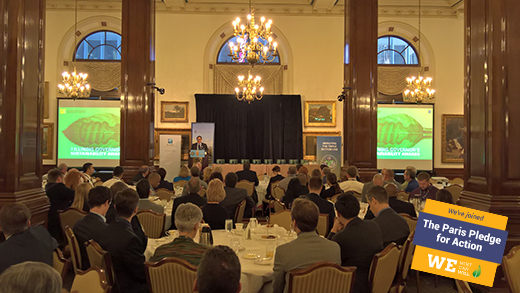


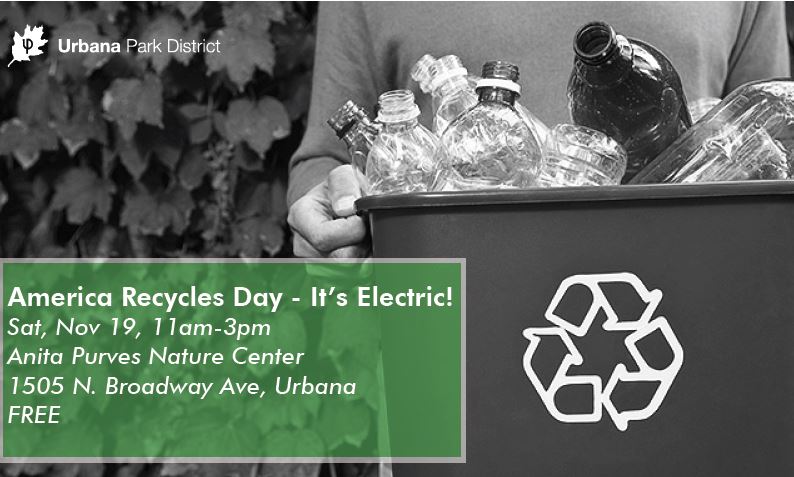
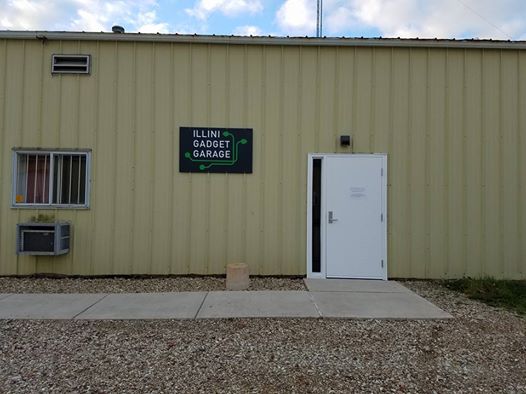
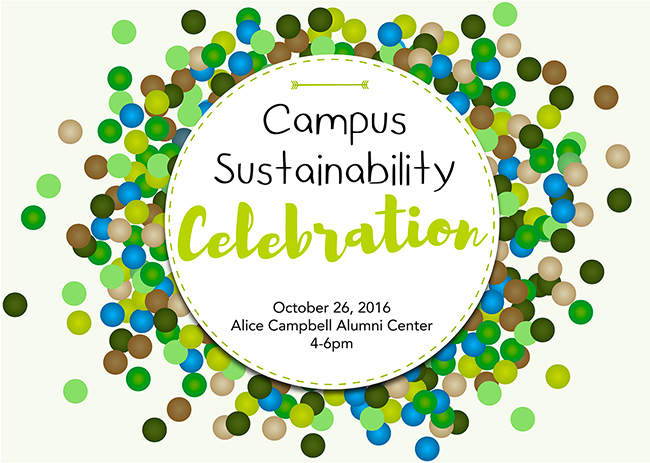

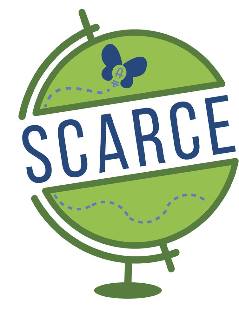
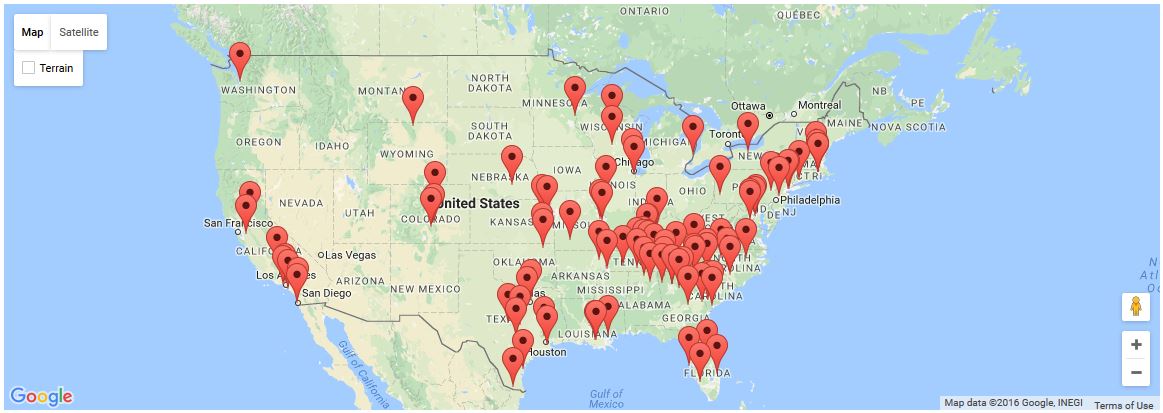
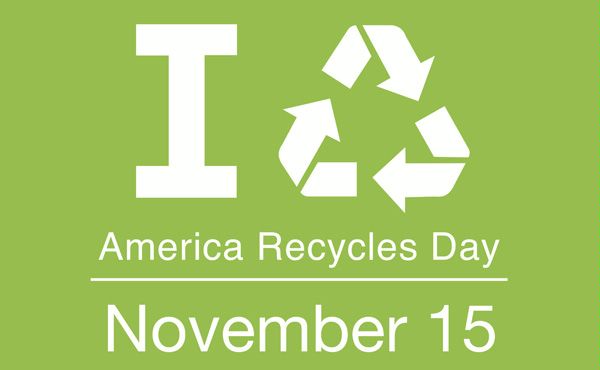 While recycling is not mandatory in America,
While recycling is not mandatory in America, 